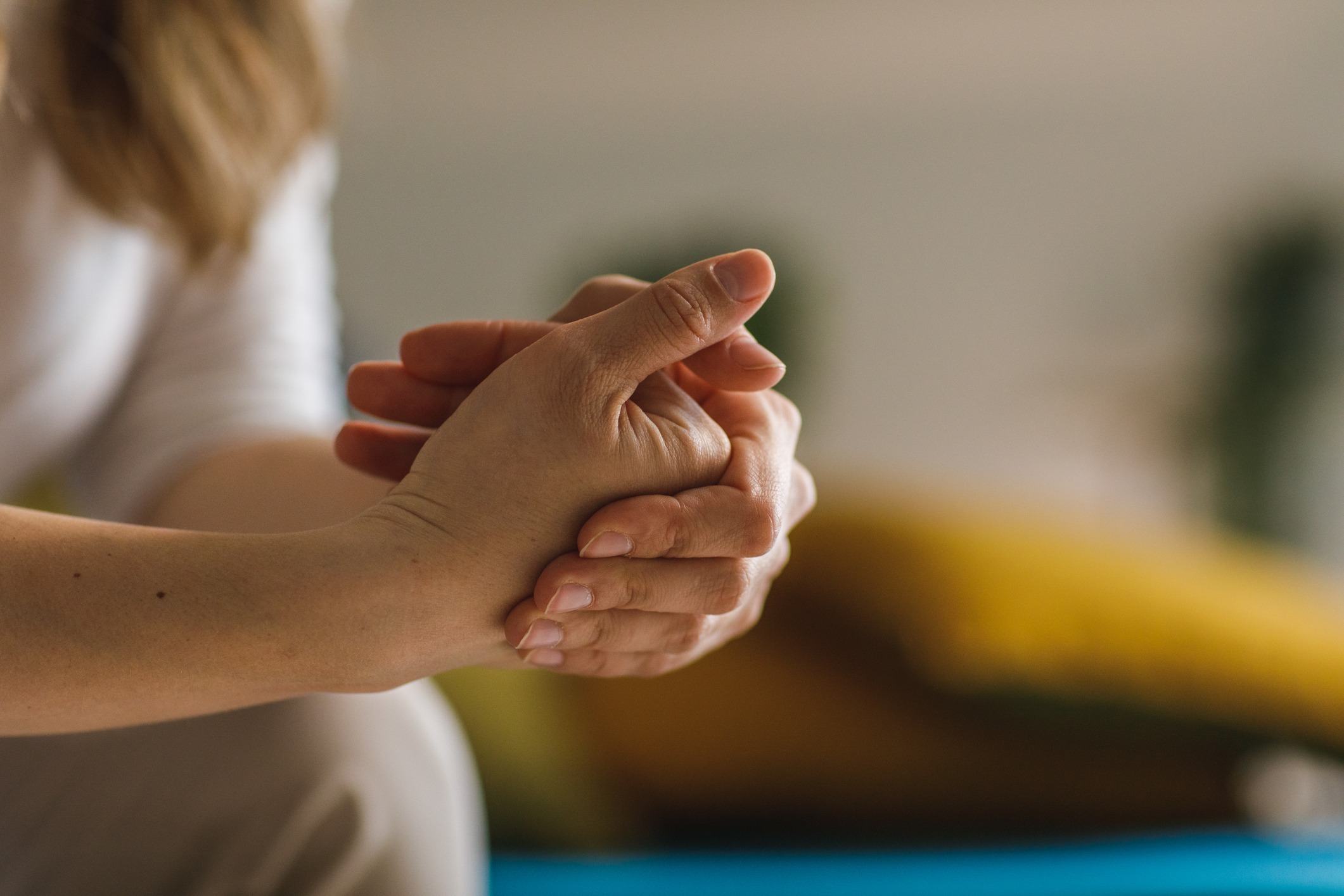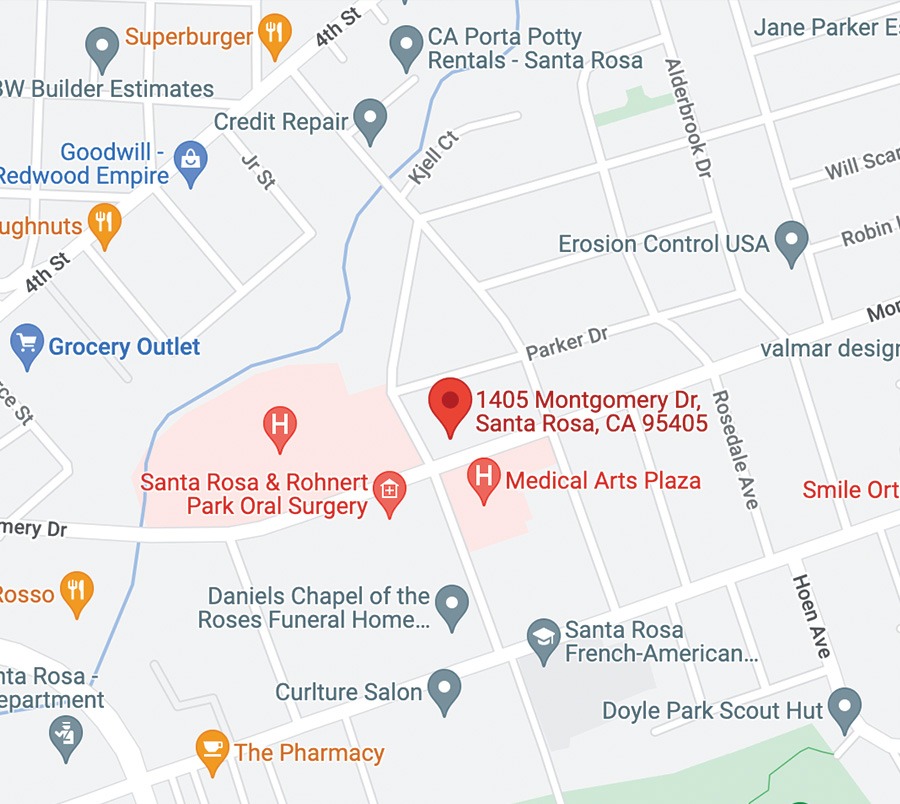
Cracking knuckles or popping joints has long been believed to be harmful. Many of us have been scolded by elders when they saw us popping our joints. They always said it was detrimental, but with the advancements in science and technology, plenty of research is now available to differentiate the facts and myths, and we have a definitive understanding of whether cracking knuckles causes arthritis.
What Is Knuckle Cracking?
Knuckle cracking is joint hyperextension or hyper-flexion to the point of making a popping sound. The popping sound you hear is due to a bursting of the nitrogen bubbles within the synovial fluid inside the joints.
Why Do People Crack Knuckles?
Here are some of the reasons that people crack their knuckles.
1. Anxiety and stress: People often crack their knuckles during tense situations, like during a close football match, before a job interview, or during an exam. Cracking one’s knuckles indicates stress and lack of confidence.
2. Habit: Most people crack their knuckles out of a habit they developed over time.
3. Releasing tension: many people believe that knuckle cracking causes the release of strain and stress. However, there is no scientific evidence to support it. If you seem to be more relaxed after cracking your knuckles, it’s probably because you temporarily distracted yourself from your stress by doing it.
4. Increasing joint mobility: Some people believe that knuckle cracking is beneficial in loosening the joints and increasing mobility. This is a misconception, and is not supported by scientific data.
5. Popping sound: knuckle cracking creates a sound that some people enjoy. The popping sound may be rewarding enough for people to want to do it again and again.
What Are The Myths About Knuckle Cracking?
1. Knuckle cracking causes early-onset arthritis and joint pain.
2. Knuckle cracking, in the long run, causes joint swelling and enlarged knuckles.
3. Knuckle cracking helps relieve stress and anxiety.
4. Knuckle cracking makes the joints more mobile and stretchable, boosting one’s physical capabilities in sports.
5. Knuckle cracking relieves pain such as back pain and headache.
6. Knuckle cracking causes weakness of the adjoining muscles and weakens the grip.
Is Knuckle Cracking Really Harmful?
Over the years, scientists have conducted many research studies which disprove the idea that knuckle cracking is harmful. In a study carried out to determine the relationship between knuckle cracking and arthritis, 300 individuals were evaluated for the presence of habitual knuckle cracking and hand arthritis/dysfunction. The study did not reveal any relationship between knuckle cracking and hand dysfunction.
A dedicated researcher named Dr. Donald Unger cracked the knuckles of one hand twice a day for 50 years and didn’t crack the other. After 50 years of research, he concluded no difference between the fingers of either hand. He published his findings indicating that knuckle cracking has no relation with arthritis and hand dysfunctions.
One study revealed that constant knuckle cracking caused the weakening of the grip. However, a more extensive study conducted in 2017 disproved it. It showed that knuckle cracking does not cause arthritis, joint swelling, joint laxity, or any joint deformity.
Analysis and Recommendations:
Knuckle cracking does not cause any harm to the body. So the question is, should you do it? Probably not! If you crack your knuckles during a job interview, for example, it may be interpreted as a sign of stress, and anxiety, and lack of confidence. There’s no scientific proof that knuckle cracking is harmful, but social norms still recommend against it.
SRO’s Hand and Wrist Center
Arthritis and other ailments of the hand and wrist are very common. If you’re experiencing pain, swelling, or other symptoms related to a hand or wrist injury, it’s essential to seek treatment right away. The specialists at SRO’s Hand and Wrist Center can help diagnose the damage and create a treatment plan that will have you back on your feet in no time. Learn more…

